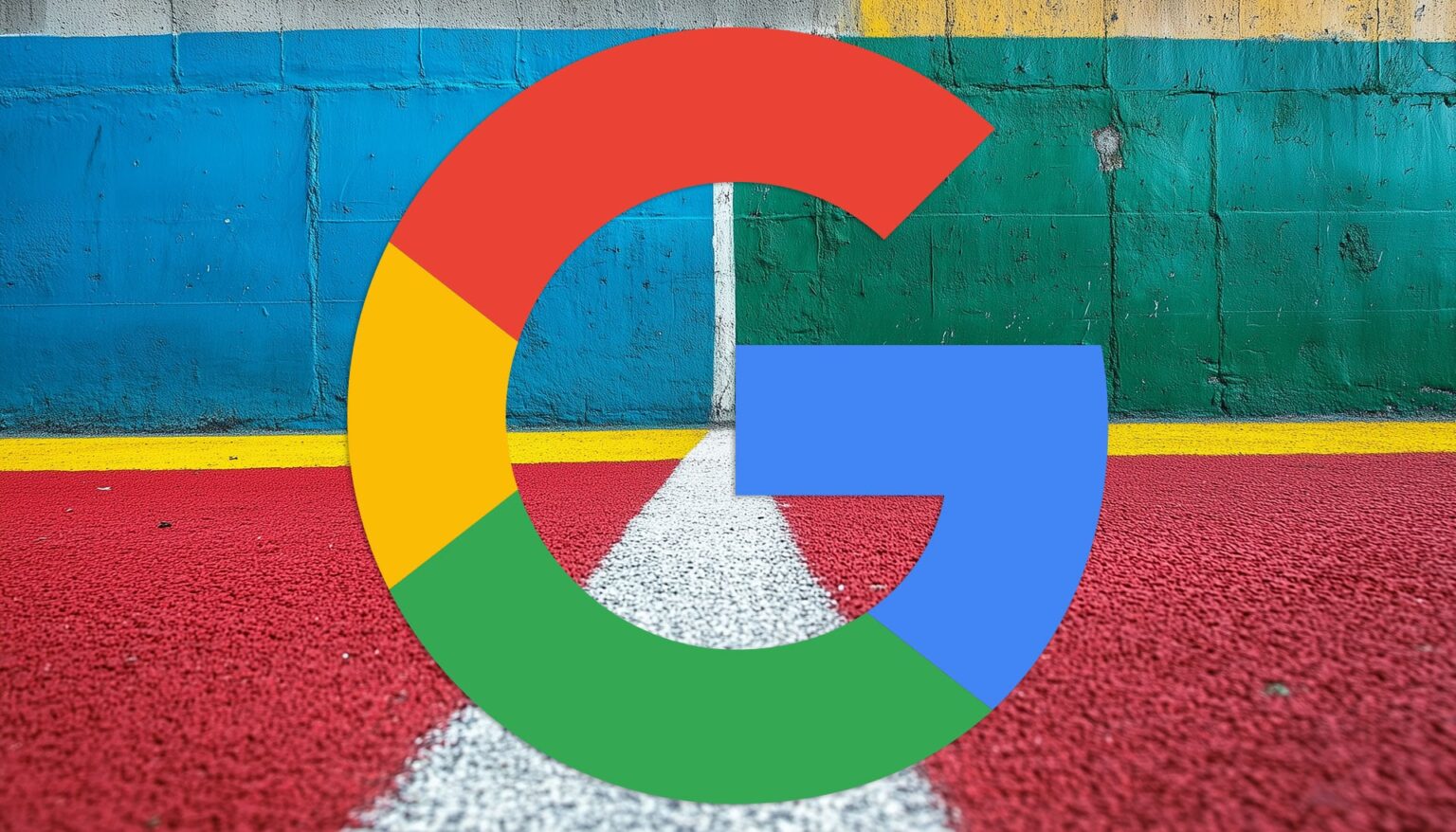Google has up to date its website popularity abuse coverage to not say that first-party involvement or oversight of content material is excluded from this coverage when these websites use third-party content material to take advantage of its search rankings. The positioning popularity abuse coverage was introduced as a part of its large March 2024 core update a number of months in the past.
“We’re making it clear that utilizing third-party content material on a website in an try to take advantage of the positioning’s rating alerts is a violation of this coverage — no matter whether or not there may be first-party involvement or oversight of the content material,” Chris Nelson on behalf of the Google Search High quality crew wrote.
Up to date coverage. Google has up to date its website popularity abuse coverage, which is located over here, to now say:
“Website popularity abuse is the apply of publishing third-party pages on a website in an try to abuse search rankings by making the most of the host website’s rating alerts.”
Why the change. Google stated since launching the coverage, they’ve reviewed conditions “various levels of first-party involvement, reminiscent of cooperation with white label companies, licensing agreements, partial possession agreements, and different complicated enterprise preparations.” Google added that based mostly on its “quite a few circumstances” it decided that “no quantity of first-party involvement alters the basic third-party nature of the content material or the unfair, exploitative nature of trying to benefit from the host’s websites rating alerts.”
“We’ve heard very clearly from customers that website popularity abuse – generally known as “parasite search engine optimization” – results in a foul search expertise for individuals, and immediately’s coverage replace helps to crack down on this conduct. Website house owners which can be discovered to be violating this coverage will probably be notified of their Search Console account,” Chris Nelson, Google Search High quality informed Search Engine Land.
Enforcement. This website popularity abuse coverage continues to be enforced utilizing handbook actions, it isn’t but algorithmic. Google stated, “Website house owners who obtain a spam manual action will probably be notified via their registered Search Console account and might submit a reconsideration request.”
Google needed to make clear this when the search firm first began enforcement of this policy.
Google added, “it’s vital to notice that not all third-party content material violates this coverage.” To see Google’s spam policies page about what’s and isn’t website popularity abuse.
Completely different content material from primary website. Google additionally reiterated that it has algorithms that will alter the rating of that content material by not benefiting from the site-wide alerts whether it is independent or starkly different from the main content of the site. “By treating these areas as if they’re standalone websites, it higher ensures a degree enjoying area, in order that sub-sections of web sites don’t get a rating enhance simply due to the popularity of the primary website,” Google added.
Google continued to write down in its weblog submit to say:
“Our efforts to grasp variations in sections of web sites can result in site visitors modifications if sub-sections not profit from site-wide signals. This doesn’t imply that these sub-sections have one way or the other been demoted or are in violation of our spam insurance policies. It merely means we’re measuring them independently, even when they’re positioned inside a website.” Oh, and simply to be clear, this confirms once more that Google does use site-wide alerts, as Glenn Gabe documented extremely effectively over here.
Why we care. Many search engine optimization have been complaining in regards to the hurt and unfairness that comes from parasite search engine optimization. With so many complaints in regards to the high quality of Search outcomes these days, this will assist with a few of these complaints.
Generally that is known as Parasite SEO in our trade however not everybody will agree with this coverage change. The truth is, I think many is not going to be pleased with this extra broad-reaching replace to this spam coverage.
